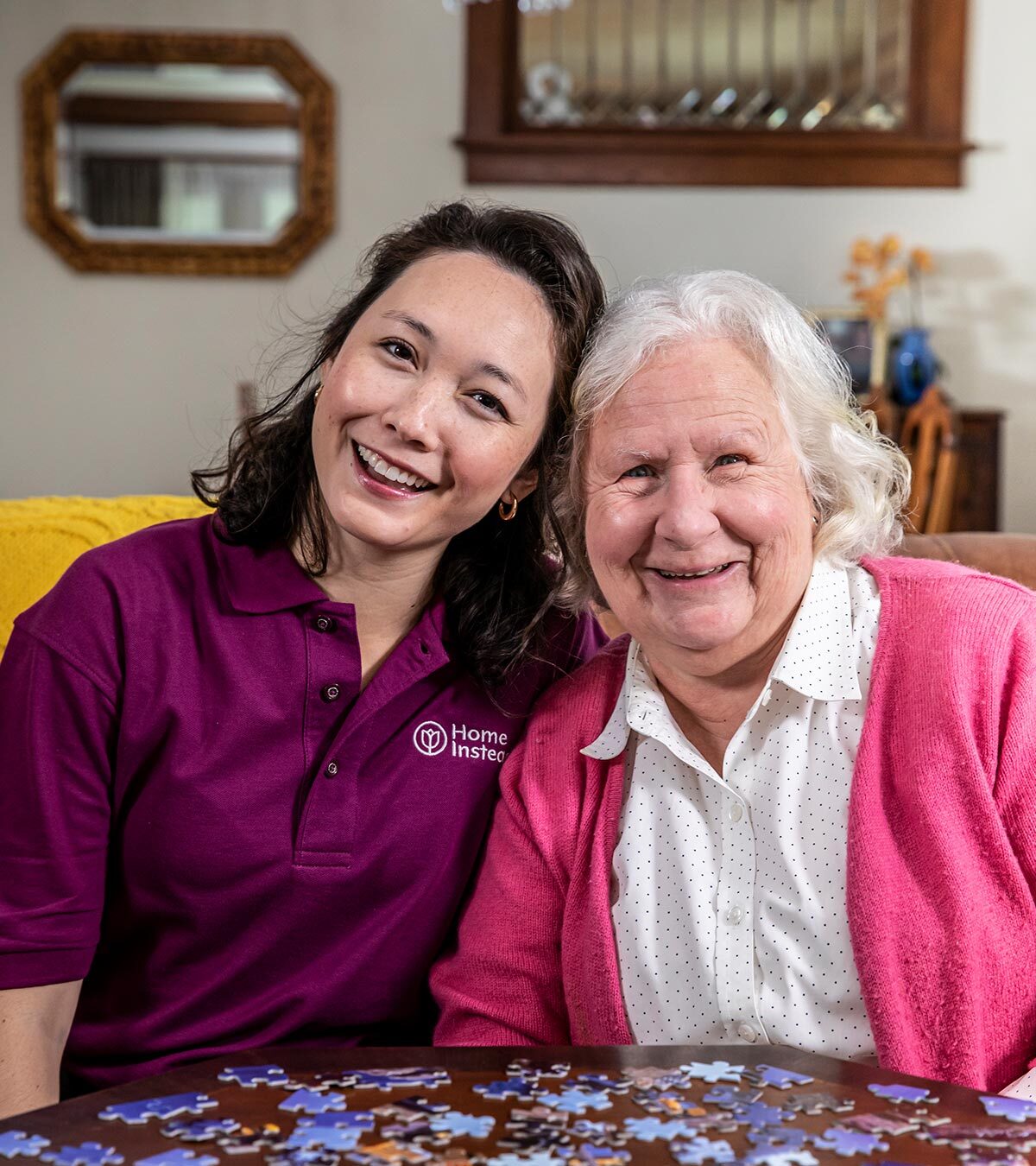Crucial Guide to Memory Care Services in Assisted Living Neighborhoods
Browsing the landscape of memory treatment solutions within assisted living areas calls for a nuanced understanding of the specialized programs and support systems readily available. By checking out the details of these essential parts, a deeper understanding right into the all natural method of memory care solutions in assisted living neighborhoods arises, losing light on the thorough assistance available to those in need.
Specialized Memory Treatment Programs
Specialized memory treatment programs within assisted living communities play a vital role in offering tailored support for people with cognitive problems. These programs are especially developed to fulfill the one-of-a-kind demands of residents dealing with memory-related difficulties such as Alzheimer's and dementia. By concentrating on individualized treatment strategies, specialized team training, and developing a risk-free and revitalizing setting, these programs aim to boost the high quality of life for homeowners while advertising freedom to the fullest level possible.
The core components of specialized memory treatment programs often consist of organized daily routines, memory-enhancing tasks, and sensory stimulation to engage homeowners cognitively and emotionally. Additionally, these programs usually provide specialized eating options, medicine administration assistance, and help with activities of daily living to guarantee thorough look after locals with differing levels of cognitive decrease.
Personnel Training and Certifications
Efficient staff training and qualifications are vital elements of making sure high-quality care for homeowners in memory care programs within assisted living areas. Team participants working in memory treatment devices must go through specific training to recognize the one-of-a-kind demands of homeowners with dementia and Alzheimer's disease.

Setting Adjustments for Memory Treatment
To make sure a detailed approach to care that addresses both staff know-how and physical surroundings, the environment in memory care systems have to be attentively adjusted to meet the distinct needs of homeowners with dementia and Alzheimer's condition. The Sanctuary charlotte senior care. Creating a dementia-friendly atmosphere entails making particular adjustments that can aid citizens feel safe, comfy, and engaged
One crucial element of atmosphere adaptations is making sure safety and security and protection. This includes implementing steps such as safeguarded exits and entries to stop residents from roaming, installing handrails and order bars for support, and reducing journey risks throughout the living area. Furthermore, utilizing color-coded signs, clear signs, and familiar things can aid residents navigate their environments much more easily.
Furthermore, producing a homey and relaxing environment is crucial for advertising well-being. This can be accomplished via the use of natural lighting, calming colors, comfy furnishings, and acquainted decorations. Creating spaces that are very easy to browse and promoting independence through attributes like memory boxes and aesthetic reminders can additionally boost the high quality of life for homeowners with memory impairments. By applying these environment adaptations, assisted living communities can provide an encouraging and nurturing setting for people with dementia and Alzheimer's condition.
Healing Tasks and Engagement
Engagement in purposeful healing activities plays an essential function in improving the well-being and cognitive feature of individuals living in memory care units. These tasks are thoroughly created to boost memory, cognition, and social interaction amongst locals.
Involvement in restorative activities not only aids people keep cognitive abilities but additionally provides social and emotional advantages. Engaging in these tasks can minimize feelings of seclusion, stress and anxiety, and depression frequently experienced by individuals with memory impairments. Moreover, these activities supply an organized regular The Sanctuary charlotte assisted living and a sense of objective for citizens, adding to a total better lifestyle.
Memory treatment areas typically have actually devoted staff learnt assisting in healing tasks, making sure that citizens obtain customized and purposeful engagement that supports their emotional and cognitive well-being.
Communication Techniques and Assistance
In promoting purposeful interactions and cultivating holistic wellness for individuals in memory care units, efficient interaction approaches and support play an important duty. Communication in memory treatment includes understanding citizens' one-of-a-kind requirements, choices, and capabilities.
Supporting communication in memory care setups expands past verbal interactions. In addition, caretakers trained in interaction methods for dementia treatment can navigate obstacles efficiently and respond empathetically to citizens' habits and feelings.
Verdict
To conclude, memory care services in assisted living areas play a vital duty in supplying specialized care and support for individuals with cognitive disabilities. Through specific programs, experienced personnel, adapted environments, healing activities, and reliable communication approaches, these solutions goal to boost the quality of life for citizens with memory issues. By dealing with the special needs of these people, memory care services add to producing a supportive and safe atmosphere that promotes overall well-being and convenience.
Effective staff training and certifications are vital parts of making certain high-quality treatment for residents in memory treatment programs within assisted living areas - The Sanctuary charlotte care home.Qualifications for personnel in memory care programs commonly consist of qualifications in dementia treatment or Alzheimer's care, along with appropriate experience in working with people with memory disabilities. Continuous training and professional growth opportunities are crucial to make sure that staff remain upgraded on the most current finest methods in memory care and proceed to offer top quality assistance to homeowners with cognitive difficulties. By spending in personnel training and qualifications, helped living areas can enhance the general health and top quality of life for residents in memory treatment programs
